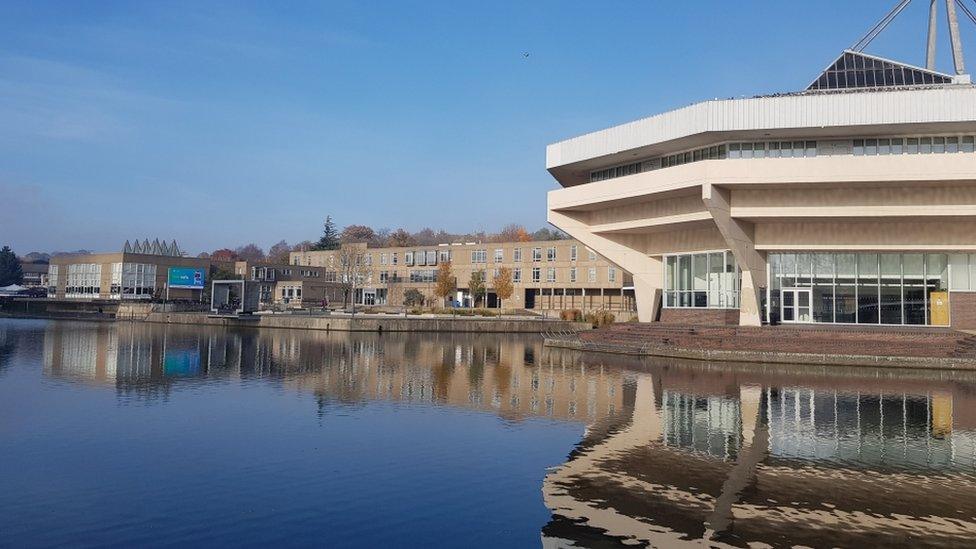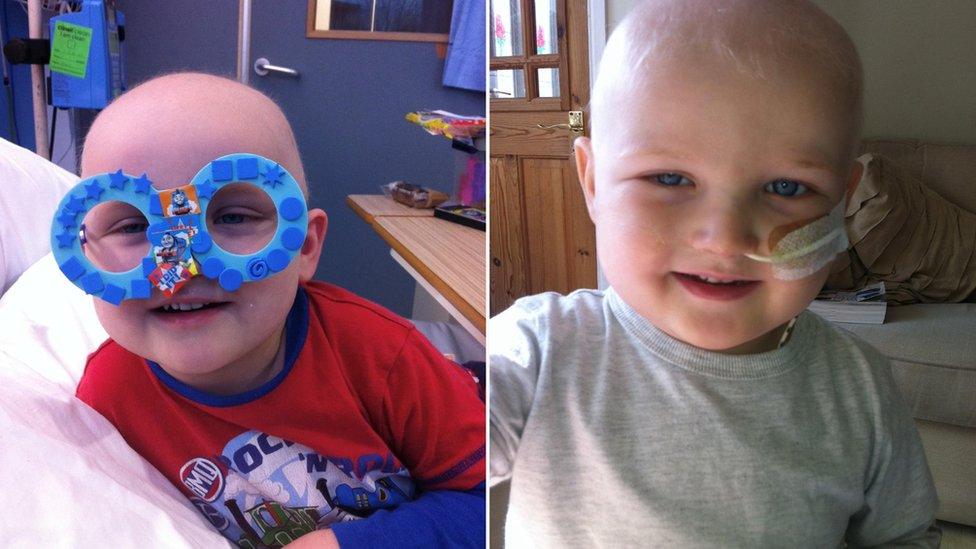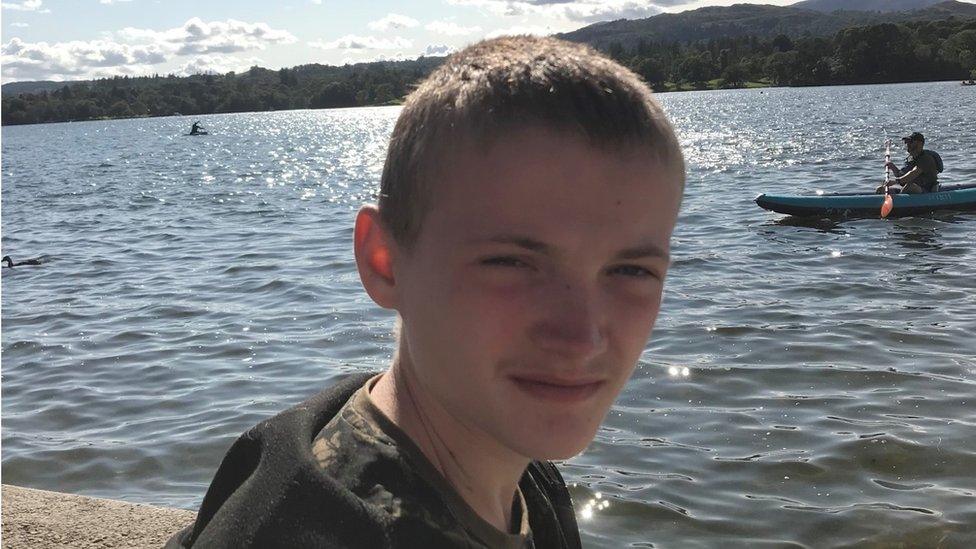York research centre to examine child cancer treatment side effects
- Published

The research centre will be based at the University of York
A new £1m research centre will examine the life-threatening side effects of cancer treatments for children.
Yorkshire children's cancer charity Candlelighters has worked with the University of York to establish the Supportive Care Research Centre.
The death of one in three children who had been given a cancer diagnosis was due to the side effects of their treatment, the charity said.
It said it hoped the centre would "reduce suffering and save lives".
Emily Wragg, chief executive officer of Candlelighters, said they had seen the "devastating effect" cancer had on children and their families for more than 45 years.
About 150 children were diagnosed with the disease each year in Yorkshire, Ms Wragg said.
"The suffering a child goes through during their treatment, which sadly can result in death for some, is heartbreaking, and we are determined to do something about it," she said.
Ms Wragg said the Candlelighters Supportive Care Research Centre would enable the "world's leading supportive care experts to carry out high quality research".
"It will save lives, reduce suffering and bring hope to children and young people with cancer - not just in Yorkshire, but right around the world," she added.

'He would pick up virtually everything'

George Gallimore received three years of treatment for leukaemia
George Gallimore, from York, was just two and a half years old when he was diagnosed with leukaemia in 2013.
He was admitted to Leeds Children's Hospital to begin treatment, a process that would last for more than three years, spending nine months in hospital.
"George spent the first six weeks after his diagnosis in hospital," said his father Mark
"He had to go through things that no two-and-a-half-year-old should have to go through.
"Following his treatments he would pick up virtually everything.
"He had shingles nine times, numerous chest infections, bloating, mood swings, temperatures so high he would have seizures, and bowel and bone damage that impact him to this day.
"George has just had his 10-year review and has moved on to his long-term aftercare.
"Thankfully he doesn't remember some of the worst things he went through, but it will forever haunt my wife and I."

George has now moved on to long-term aftercare, his family said

In the short term, the centre would look at how to minimise hospital stays, prevent severe mucositis (mouth ulcers) and prevent nausea and vomiting, according to Candlelighters.
Bob Phillips, Professor of Paediatrics and Evidence Synthesis at the University of York and Hull York Medical School, and the director of the new centre, said their work would not cure cancer, but it would make a "big difference to more people faster".
"Significant progress has been made in understanding and treating childhood cancers - and today, around 80% of children or young people diagnosed with cancer survive," he said.
"Treatments, however, are mostly tailored for adults, and in children the reaction to these treatments can be very different, and have serious and life-threatening side-effects."

Follow BBC Yorkshire on Facebook, external, X (formerly Twitter), external and Instagram, external. Send your story ideas to yorkslincs.news@bbc.co.uk, external.